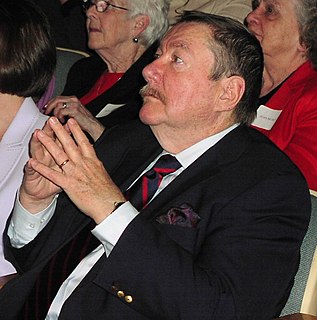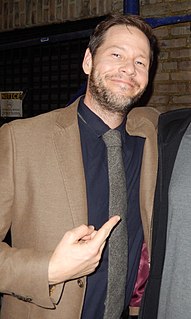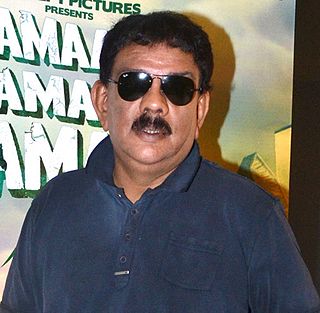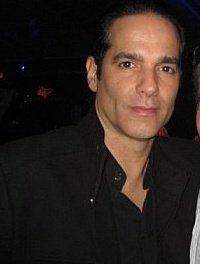A Quote by Robert B. Parker
This is not a screenplay. I don't do twenty drafts. I'm not going to show this to you until it's published or accepted for publication. You can make whatever suggestions you want, but I probably will ignore them entirely.
Related Quotes
The way I try to explain it the best is that if Critic A from publication A hates our show, and Critic B from publication B loves our show, what are we supposed to do with that? We have to just respect everyone's opinions and go on making the show we want to make. I've never worked on a show that was altered by critical reception. You just can't afford to do that. So in that regard, it's actually no different that working in theater. It's just a lot more voices.
A book coming out into the world can be a harsh, harsh time. And your feelings are on the line. Everything that publication is about is really not what your writing is about. Your writing is coming out of something else, and publication and being in the public are something else. And those of us who have published, in whatever way we're published, are very fortunate.
... you should wait until the book is finished before making a judgment on its content. By the time you have gone through twenty drafts, the characters may have developed lives of their own, completely separate from the people you based them on in the beginning. And even if someone, at some time, gets upset with your words - so what? Live your life, sing your song. Anyone who loves you will want you to have that.
Be undeniably good. When people ask me how do you make it in show business or whatever, what I always tell them & nobody ever takes note of it 'cause it's not the answer they wanted to hear-what they want to hear is here's how you get an agent, here's how you write a script, here's how you do this-but I always say, “Be so good they can't ignore you.” If somebody's thinking, “How can I be really good?” people are going to come to you. It's much easier doing it that way than going to cocktail parties.
The universe will put signposts in your life. You can either ignore them or embrace them. You can choose and wish for all the things you want, but the things that are coming to you, you will never be able to hide from and the things that you want so bad that are not supposed to be for you for whatever reason, they'll never come to you.
I had written eight drafts of the Lemony Snicket' screenplay when this changing-of-the-guard thing happened, and I said to the new producers, "I don't think I could write any more drafts." I guess I was sort of hoping they would say, "Well that's okay, this last one is perfect." But instead, they said, "It's funny you should say that. We don't think you can write any more drafts either."
The experience that a publication creates for its audience is the very essence of that publication's brand - and without deep engagement, that publication's brand will be weak. A good publication is a convener and an arbiter - it expresses a core narrative that becomes a badge of sorts for its readership.
The media wants overnight successes (so they have someone to tear down). Ignore them. Ignore the early adopter critics that never have enough to play with. Ignore your investors that want proven tactics and predictable instant results. Listen instead to your real customers, to your vision and make something for the long haul. Because that's how long it's going to take, guys.
[M]y first published book had just appeared in stores. The last year of my life-the year of finishing it, editing it, and seeing it through its various page-proof passes-ranks among the most unnerving of my young life. It has not felt good, or freeing. It has felt nerve-shreddingly disquieting. Publication simply allows one that much more to worry about. This cannot be said to aspiring writers often or sternly enough. Whatever they carry within themselves they believe publication cures will not, I can all but guarantee, be cured. You just wind up with new diseases.
I want here to make three suggestions: first, that the doubts the ordinary man feels about religion are justified, and need not be stifled or concealed; second, that there is no ground for the view that Christianity is the only alternative to communism, or that there can be no sound character training that is not based on religion; and, third, I want to make some practical suggestions to the parents who are not believers, on what they should tell the children about God, and what sort of moral training they should give them.





































